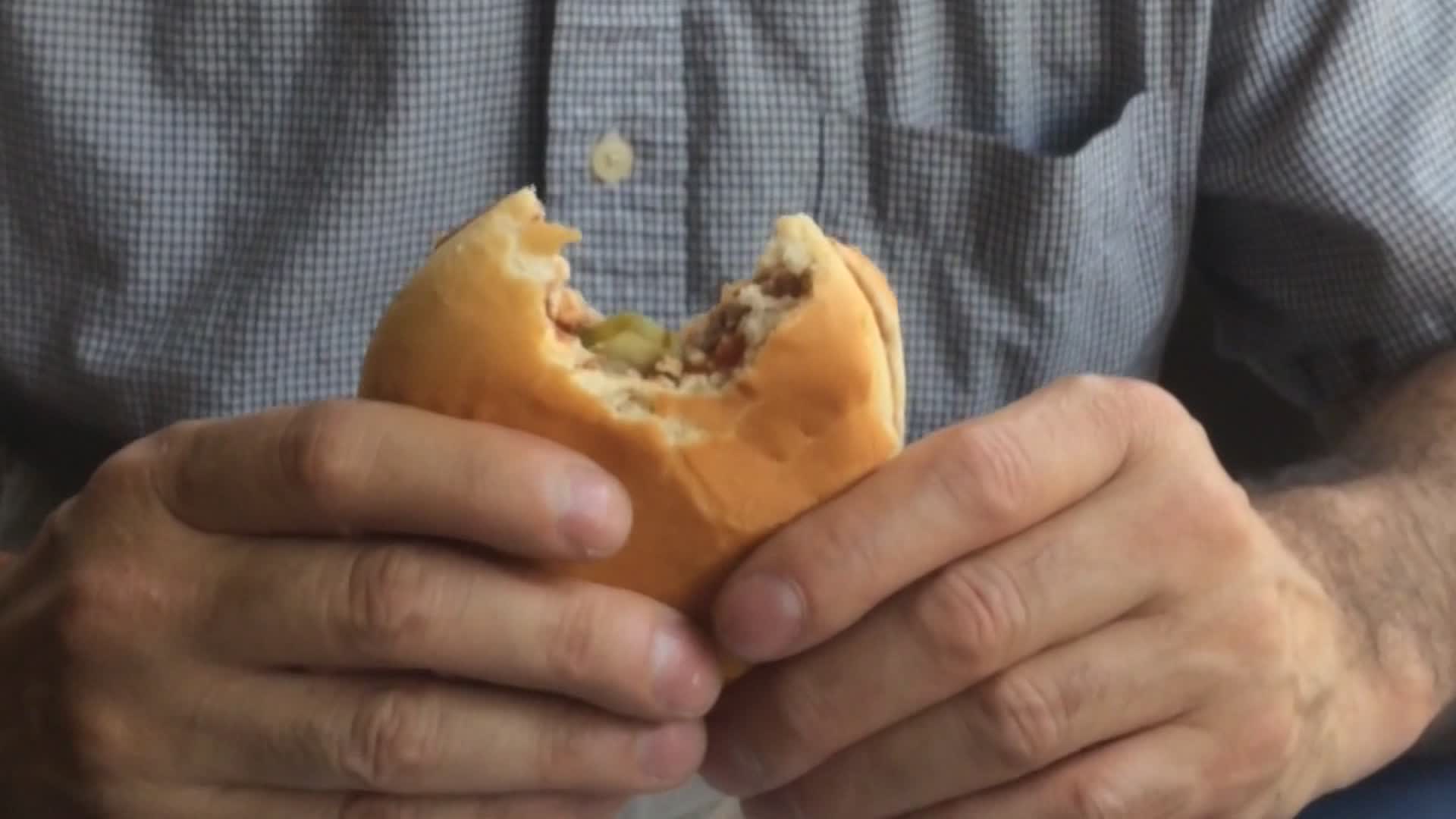As California reported a record of nearly 35,500 positive coronavirus cases on Friday, there's a glimmer of hope: The state is awaiting the first batch of coronavirus vaccine and plans to distribute it to hospitals to inoculate healthcare workers on the front lines of the pandemic.
The state expects to receive 327,000 doses of Pfizer's vaccine by early next week. Counties will have specific allotments that will be distributed to hospitals that the California Department of Public Health determined have adequate storage capacity, serve a high-risk health care population and have the ability to vaccinate people quickly.
The doses will arrive in a state grappling with a spiraling number of COVID-19 cases, soaring hospitalizations and record death counts. To buy time, Gov. Gavin Newsom's administration has placed much of the state on a stay-at-home order due to dwindling intensive care unit capacity.
Officials said they expect more doses to arrive once federal regulators review Moderna's vaccine next week. They said other manufacturers could later follow, increasing the amount of vaccine available in the state in 2021.
Here's the plans so far for COVID-19 vaccination in California:
WHEN IS THE VACCINE ARRIVING?
“I ask that question every day. When is the drop date?” said Dr. Rais Vohra, Fresno County's interim health officer. “I don’t think anyone is really confident about the exact date."
California
News from across California
The initial doses of Pfizer's vaccine are expected to be shipped as soon as the U.S. Food and Drug Administration gives the go-ahead, a decision expected at least by this weekend. A consortium of Western states including California formed their own safety committee that is doing its own review in parallel with the FDA’s consideration and could give its final approval as soon as the FDA acts.
It's then a matter of how quickly the vials can be shipped across the nation from the company's warehouse in Kalamazoo, Mich. The doses are packed in dry ice in 16-by-16-by-24-inch (41-by-41-by-61 centimeter) cardboard shipping boxes that have been nicknamed “pizza boxes.”
The thermal shipping containers can keep the doses at the recommended storage temperature of about -70°C for up to 10 days if they aren't opened. UC Davis Health, which runs a medical center in Sacramento, said it will transfer the vaccines to a freezer about the size of a large residential refrigerator that will keep them at -80°C (-112°F). That freezer is big enough to hold vials containing 150,000 doses, and more are on the way. Each 2 milliliter vial contains five doses of the vaccine, which must be reconstituted and injected within 48 hours of being thawed.
Elizabeth Fernandez, a hospital spokeswoman for the University of California San Francisco, said the first shipment could arrive Tuesday and be administered Wednesday.
HOW WILL THE DOSES BE DISTRIBUTED?
The initial doses will be distributed to hospitals that can show they have the capacity to safely store and administer the vaccine in line with Pfizer's guidelines. In Los Angeles County, nine sites with ultra cold freezers capable of storing Pfizer's vaccine will receive the initial allocations, Simon said.
Hospitals also must attest that they have a plan to distribute all doses within five days, said Dr. Clayton Chau, Orange County’s public health officer. The distribution is tricky because the vaccines must be stored at low and ultra-low temperatures, Santa Clara County said in a statement.
Many of the details were still being worked out with county health agencies, hospital officials said Friday.
WHO WILL RECEIVE THE FIRST DOSES?
Federal officials and a state community vaccine committee have spelled out the priority list for vaccines, with healthcare workers at greatest risk of virus exposure at the top. Chau said that could include emergency room and intensive care unit personnel.
“Local hospitals will need to determine which segment of their employee populations are at higher risk for contracting the virus due to this limited quantity,” he said.
For instance, at UC Davis Health, a working group of infectious disease specialists spent weeks determining tiers based on employee risk from the coronavirus. It settled on custodial workers, physicians, nurses, first responders and clerks in the emergency department as the top tier to receive the first doses. The hospital is prepared to vaccinate as many as 400 employees each day, depending on the availability of the vaccine and other factors.
Which hospitals in California get the vaccines first will come down to logistics like which package delivery hub the boxes pass through on their way from Pfizer, said UC Davis Health spokeswoman Pamala Wu. Each hospital then decides how quickly to begin administering the shots. “We’ve decided we want to start administering immediately, like within two hours of getting the box,” Wu said.
Fernandez, at UCSF, said that the hospital has yet to decide which health workers will be among the first to receive the vaccine. To start, the hospital will receive 975 doses, but can store far more with two ultra-low freezers that can each hold up to 600,000 doses. “We have plenty of storage capacity,” she said.
These first doses of vaccine will go exclusively to hospitals for healthcare workers. Subsequent doses will also be set aside for healthcare workers, as well as residents and workers at long-term care and skilled-nursing facilities, who can expect to receive doses of the vaccine through local pharmacies, Chau said.
Essential workers including teachers and school staff will be among the next groups prioritized for vaccination, said Dr. Erica Pan, the acting state public health officer. The general public can expect to be vaccinated in the spring and summer, Chau said.
___
Taxin reported from Orange County. Associated Press writers Janie Har and Jocelyn Gecker in San Francisco contributed to this report.



